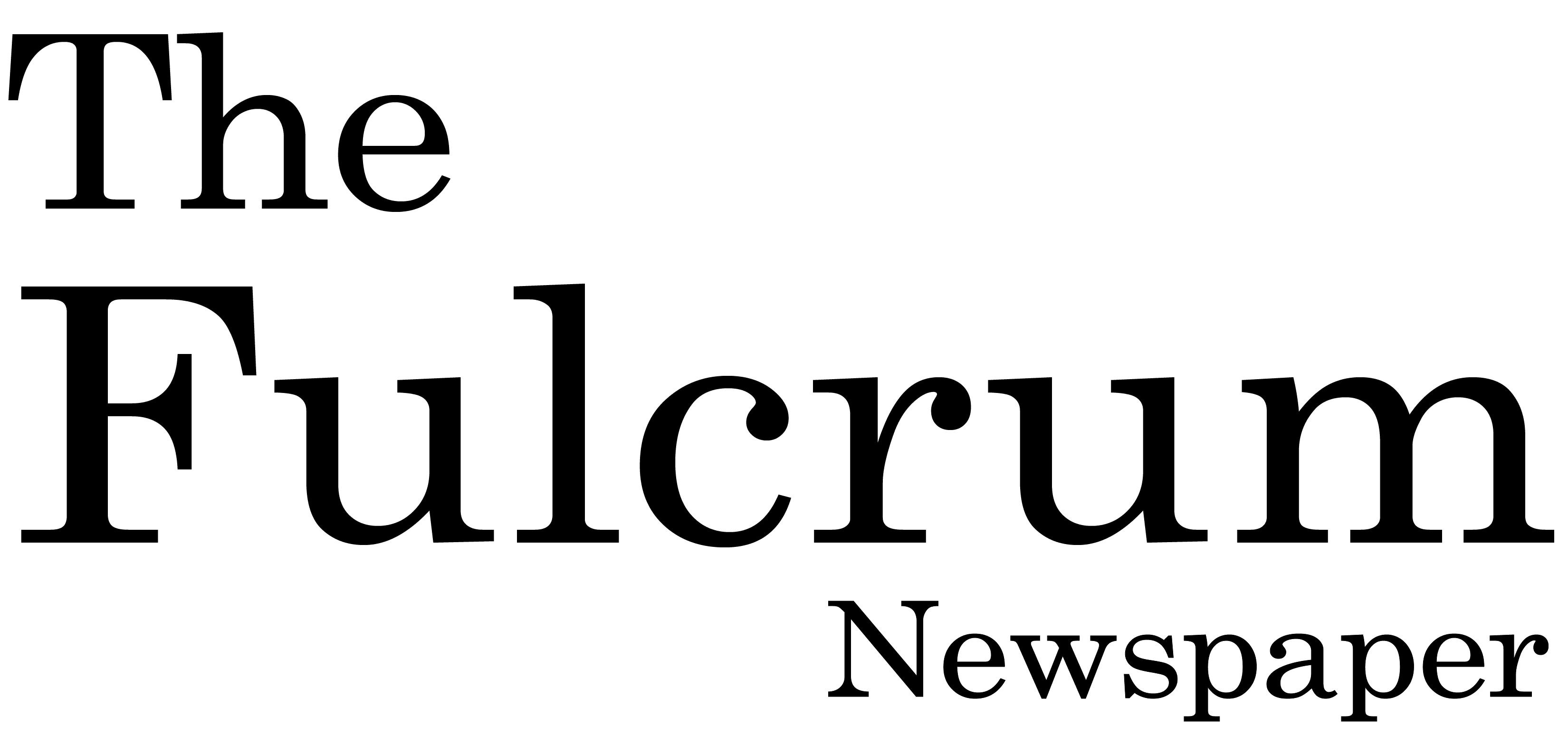
Professor Scott Corley would like you to have a conversation, and not the easy kind.
Dialogue – and the connection it requires between individuals with different life experiences – lies at the crux of democracy. While that may seem beyond the scope of a typical history or sociology class, you can instead consider Scott’s courses to offer complex, and thought-provoking narratives, braided from many different voices and perspectives.
Part of SUNY Broome’s History, Philosophy & Social Science Department, Professor Corley strives to go beyond the rote teaching of history, and look instead on how its lessons can be applied in the larger world.
“Some say that Americans aren’t necessarily good at having conversations. Some say that Americans have never really had them,” he reflected. “I’m trying to provide an approach to teaching and methodology. People have to be able to relate to each other, and communicate with each other truthfully and honestly.”
Corley teaches a wide range of classes at SUNY Broome, from U.S. history and Western civilization to social problems, race and ethnicity, and African-American history. As a professor, he prefers the old-style connections forged through reading, research and shared classroom discussion, which allows students not only to master the subject matter, but to develop the tools they need as engaged citizens.
His office reflects his diverse historical interests, from an old-fashioned map affixed to the front of his desk, to African art, yellowing newspaper clippings and shelves packed with books of all types.
Learn about our degrees in Liberal Arts.
Committed to the community college mission
A native of Long Island, Corley majored in history and minored in African-American studies at Union College in Schenectady, and then earned his master’s degree in Africana studies at the University at Albany. SUNY Broome made sense as a career move and he began teaching part-time and tutoring in 2002. After a few years, he moved into academic advising and then transferred to the college’s history/social sciences department around 2006, where he has been ever since.
“I just fell in love with the place. I became committed to the idea of working with community college students,” he said.
Professor Corley is particularly drawn to the community college mission, and the relationship of the school with the community, he explained. “It serves people who are marginalized and who don’t have as many opportunities, and gives them a better chance to succeed,” he said.
Learn about service learning at SUNY Broome.
Professor Corley has received awards from both the state and the City of Binghamton, as well as Citizen Action’s Phoenix Award. At SUNY Broome, he serves on the Civic Engagement advisory board and coordinated the college’s service learning initiatives for a year, before stepping back to pursue his doctorate. Scott also co-chaired SUNY BCC’s Presidents Task Force for Diversity and Inclusion with Venessa Rodriquez, BCC’s EOP Directory, for a few years and is currently still affiliated.
He is now pursuing his doctorate part-time in Binghamton University’s College of Community and Public Affairs. His particular area of research is conversational democracy, and how the dialog and deliberation can create more just communities. SUNY Broome has its own commitment to public deliberation, offered through the Douglas C. Garnar Center for Civic Engagement, and has offered conversational forums on a wide range of different topics.
In recent years, the college has been striving to make its faculty more representative of the diverse community college body. In this context, diversity is a net positive, increasing opportunities for student success. But Corley points out that efforts toward diversity, equity and inclusion have larger implications, addressing the moral and ethical commitments that lie at the core of the American experiment.
“Diversity unlocks potential. It makes communities better, and reflects the most cherished of U.S. values,” he said.
Learn about the President’s Task Force on Diversity and Inclusion.

